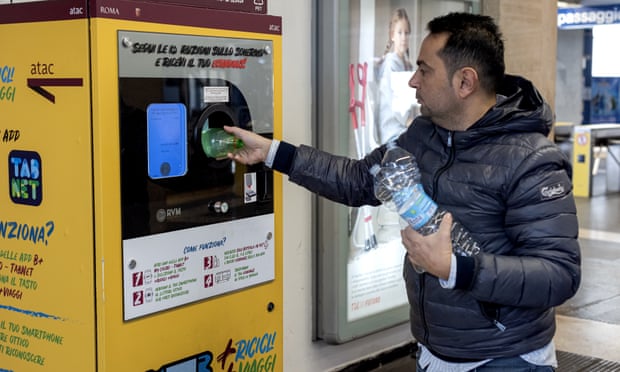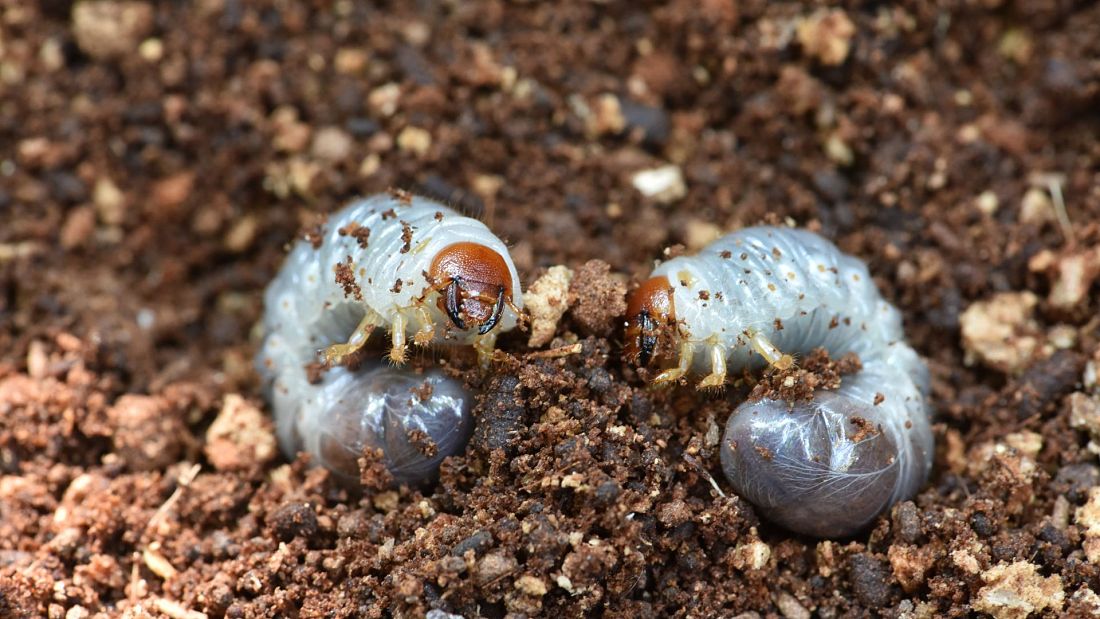
In one of the world’s most crucial oil pricing regions, single-use plastic will be all but eliminated on January 1, 2024.
In 2017, we came to the island of Bali approximately halfway through a 10-month trip around the world with my family. We had been looking forward to the beaches and surfing for months, but when we arrived, we found them polluted with single-use plastic of all types. Due to a proliferation of corporate peddling of plastic convenience items but no meaningful way to manage trash or recycling in the communities, the local population discarded their waste in local ravines. The waste, flushed out to sea by winter monsoons, was deposited upon the (formerly) pristine beaches.
It is wonderful, therefore, to read that the United Arab Emirates (UAE) recently announced a ban on single-use plastic items, from cutlery to cigarette butts. The ban is part of an effort to reduce the plastic waste in the world’s oceans, a number generally estimated at around 8 million new tons each year. The announcement brings hope to environmentalists worldwide, showing us that even countries with an economic interest in oil-based plastic production are stepping up to make positive changes.
By banning single-use plastic products, the UAE is taking a big step forward regarding sustainability. Not only will this help reduce the amount of plastic waste in the ocean, but it will also encourage people to make more sustainable choices when they shop or eat out.
According to a 2019 report from the World Bank, the UAE ranked 11th in per capita consumption of single-use plastic. The report states that 11 billion single-use plastic items in the UAE are consumed annually, an average of 4.8kg per person or about 4 million tonnes per year for the entire country. This number contrasts with the global average of 3.25 kilograms per person. For reference, the highest-ranking countries for plastic waste are Japan, with 8 million tonnes and the USA, with 7.2 million tonnes, but a much higher population, resulting in lower per capita rates.
The United Arab Emirates (UAE) will ban most single-use plastics starting January 1, 2024. The ban includes everything from food packaging to plastic bottles, cotton sticks, crackers and chip bags, wet wipes, balloons and even balloon sticks that contain plastic. They also include cigarette butts and compostable plastic shopping bags, which while a good idea when used properly, often end up in the environment and can take decades to biodegrade outside a civic composting facility.
The UAE has introduced incentives for businesses to switch to reusable packing. They include subsidies for investments in reusable packaging, tax incentives for companies that reduce their plastic consumption, and grants for research projects on reducing plastic waste. The government has also introduced a new “Plastic Smart” program encouraging citizens to reduce their use of single-use plastics. It also enables businesses to reward customers who bring reusable items.
With these incentives in place, many businesses in the UAE have already begun to take steps to reduce their plastic consumption. For example, many hotels and resorts have started replacing plastic straws with paper or metal alternatives, while others are providing refillable bottles to customers instead of single-use plastic ones.
The immediate environmental benefits of the UAE’s ban on single-use plastics are apparent. By eliminating single-use plastics, the UAE will significantly reduce the amount of plastic waste in the ocean every year. This plastic ban, in turn, will prevent the destruction of marine life and reduce the risk of pollution from microplastics in the food chain and the greenhouse gasses emitted as plastic degrades over time.
The UAE is one of many countries to reduce plastic pollution in recent years. Countries like Canada, China, France, and the UK have also implemented similar bans. With continued effort, single-use plastics can be reduced or eliminated in the coming years.
Source Happy Eco News








